Books
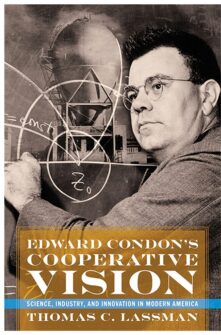
Edward Condon’s Cooperative Vision
Science, Industry, and Innovation in Modern America

The Correspondence of John Tyndall, Volume 5
The Correspondence, January 1855–October 1856
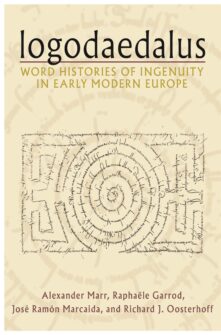
Logodaedalus
Word Histories of Ingenuity in Early Modern Europe
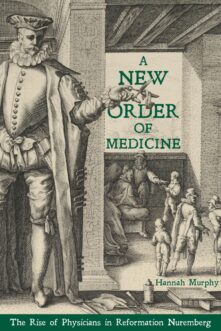
A New Order of Medicine
The Rise of Physicians in Reformation Nuremberg
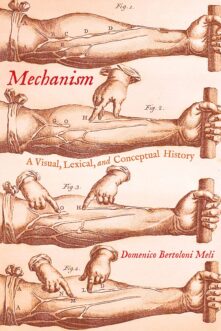
Mechanism
A Visual, Lexical, and Conceptual History
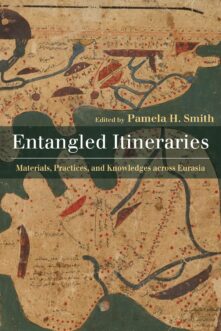
Entangled Itineraries
Materials, Practices, and Knowledges across Eurasia

The Correspondence of John Tyndall, Volume 6
The Correspondence, November 1856-February 1859
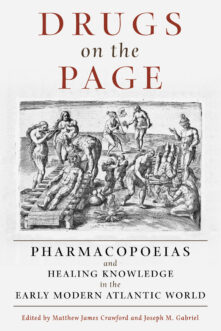
Drugs on the Page
Pharmacopoeias and Healing Knowledge in the Early Modern Atlantic World
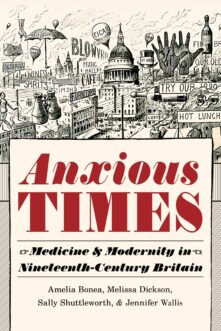
Anxious Times
Medicine and Modernity in Nineteenth-Century Britain
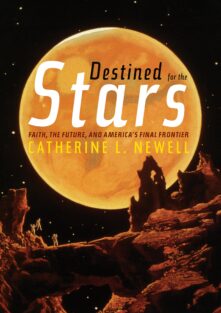
Destined for the Stars
Faith, the Future, and America's Final Frontier
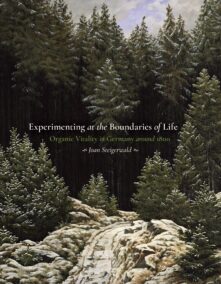
Experimenting at the Boundaries of Life
Organic Vitality in Germany around 1800
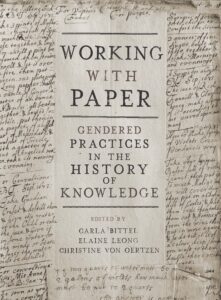
Working with Paper
Gendered Practices in the History of Knowledge
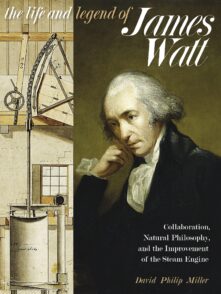
The Life and Legend of James Watt
Collaboration, Natural Philosophy, and the Improvement of the Steam Engine
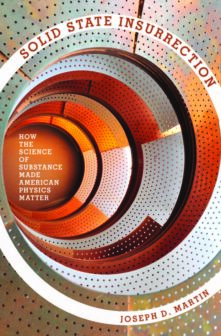
Solid State Insurrection
How the Science of Substance Made American Physics Matter
Total 140 results found.


